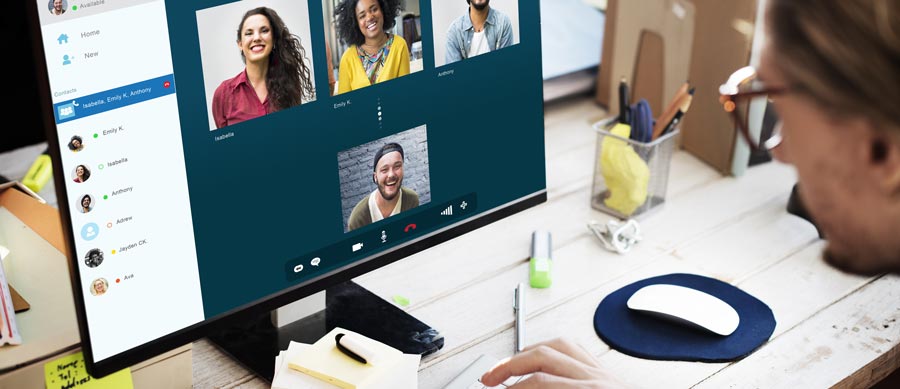As more cities across the United States move toward implementing stay-at-home orders and people practice social distancing by remaining six feet from any other human being, how do businesses continue to market their services?
Changing Policies and Procedures to Address COVID-19 Concerns
Industries such as retail have the necessary marketing plan in place for times such as this: the internet. With the ability to click and buy without in-person interaction, it is the simplest form of a safe transaction during the COVID-19 era.
For industries such as healthcare, medical, hospitality, or dining, how does one market these services while addressing the public’s fear of potential contamination?
The transportation industry was one of the first industries hit by this virus. The fear of contracting COVID-19 brought this industry to a slow pace as fewer Americans made travel plans and more people hunkered down at home.
Having operated for several weeks during COVID-19, the airline industry has now begun to offer travel services that address the public’s fear. These new policies and procedures provide additional safety precautions that protect the health and well-being of all travelers and staff.
According to American Airlines, they have implemented the following procedures:
- Relaxing the seating policy to allow customers to practice social distancing while in flight.
- Suspending food and beverage services for flights that are less than 4 and a half hours.
- Suspending check services of animals.
These three policy changes, from a marketing standpoint, address the public’s fear of COVID-19 by:
- Reducing human contact.
- Reducing individuals’ risk from touching products that may come into contact with their eyes, mouth, and nose.
- Removing the unknown factor of animals being able to spread the virus.
Through educating the public about these policy and procedure changes, American Airlines has begun communicating how you can travel safely amid the COVID-19 pandemic, which will likely continue for several months, at least.
Restaurants within the hospitality industry have also begun to address the public’s fear of the virus. To further protect customers and staff members, they have implemented two major business strategies:
- Food delivery, with no-contact options available
- Discounts and value specials
Like the travel industry, no-contact food deliveries cater to the public’s need for social distance by offering customers a safe and convenient way to dine out. Providing additional discounts and value deals also addresses the financial fears that many Americans are facing due to the economic impact of COVID-19. People are very uncertain of their financial situation during this time and therefore may be less likely to buy takeout at full price.
Dining out is normally considered a luxury, but the food is considered a necessity. While the supply chain for grocery stores has been hampered, restaurants that provide discounts and specials offer an affordable option for the public to purchase food at below-normal prices.
Expanding the Use of Telehealth Services During the COVID-19 Pandemic
Similar to the dining and travel industry, the mental health and medical industries are facing similar issues. Aside from keeping their staff and clients safe, delivering these services while addressing the public’s fear has become one of the main challenges.
We often use mental health and medical services when we are sick, need treatment for mental health issues, or if something just does not feel right. During this time, the public is now assessing the risk of attending a place where ill individuals gather. The fear of contracting COVID-19 is a strong deterrent that can keep people from getting essential healthcare services, even when they are faced with medical problems or other illnesses that need to be addressed.
To effectively respond to the public’s fear and concern about COVID-19, the healthcare industry (and more specifically drug rehab centers) needs to begin marketing telemedicine more aggressively as a viable treatment option.
The government has recently changed the medicare and Medicaid policies regarding telemedicine to broaden patients’ access to medical services. As a result, beneficiaries can receive a wider range of services from medical providers without having to travel to a healthcare facility. In addition, large insurance providers like Magellan, have begun to relax telemedicine policies so more people can get the treatment they need despite the current circumstances.
Catering to the needs of clients and providing safe and effective treatment, all while considering the fears and concerns regarding the new coronavirus is no easy feat. However, healthcare and medical professionals need to begin shifting toward telehealth and start marketing the safety and compliance of telehealth services with current COVID-19 strategies.
There’s no getting around it. In 2020, every industry will need to change the way they function and deliver their business model to address public concerns. To be most effective, these changes need to be marketed to their customer base in a manner that conveys the safety and best interest of the public.
